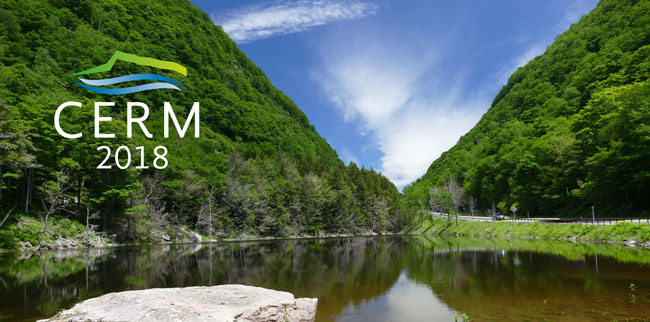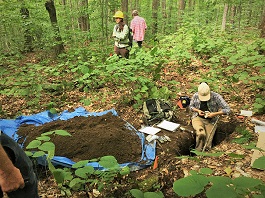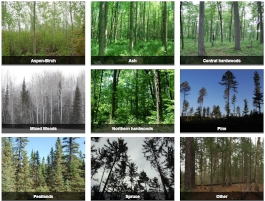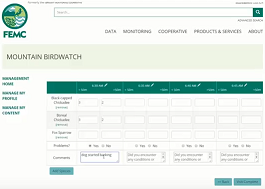The FEMC offers ecosystem monitoring and assessment services. We have a team of staff that specializes in database management, data analysis, and ecosystem monitoring. Additionally we hire and train interns annually that have experience in multiple disciplines. The FEMC staff and interns on hand are ready to assist you on your next project and have no doubt that we can provide the services and expertise required to complete the task. Here are the services we provide:
Survey Development
Need help developing survey questions and/or placing them with a survey provider? FEMC has skilled social scientists on staff who can help!
Rate (July 1, 2025 - June 30, 2026): $120/hour*
*FEMC will also assess any fees from the client's chosen survey vendor, if applicable
Basic Data Services
Need help getting your data into a usable format? Want help archiving your data for long-term storage and access? Take advantage of FEMC's basic data services. Examples include data digitization, data collection archiving, data standardization, and more.
Rate (July 1, 2025 - June 30, 2026): $55/hour
Advanced Data Services
Looking for advanced database development, synthesis or integration work? Our advanced data services can help you transform basic data into higher order products for enhanced understanding. Examples include data integration and analysis, database curation, data synthesis, spatial analysis and processing, and project management, and more.
Rate (July 1, 2025 - June 30, 2026): $120/hour
Field Data Collection
FEMC has highly skilled field crews for hire with a specialty in forest inventory metrics and techniques. Let us know how we can help you with your field project!
Rates (July 1, 2025 - June 30, 2026):
- Field sites within a 1-hour drive from the FEMC office in South Burlington: $350/field technician/day
- Field sites beyond a 1-hour drive from the FEMC office in South Burlington: $434/field technician/day




